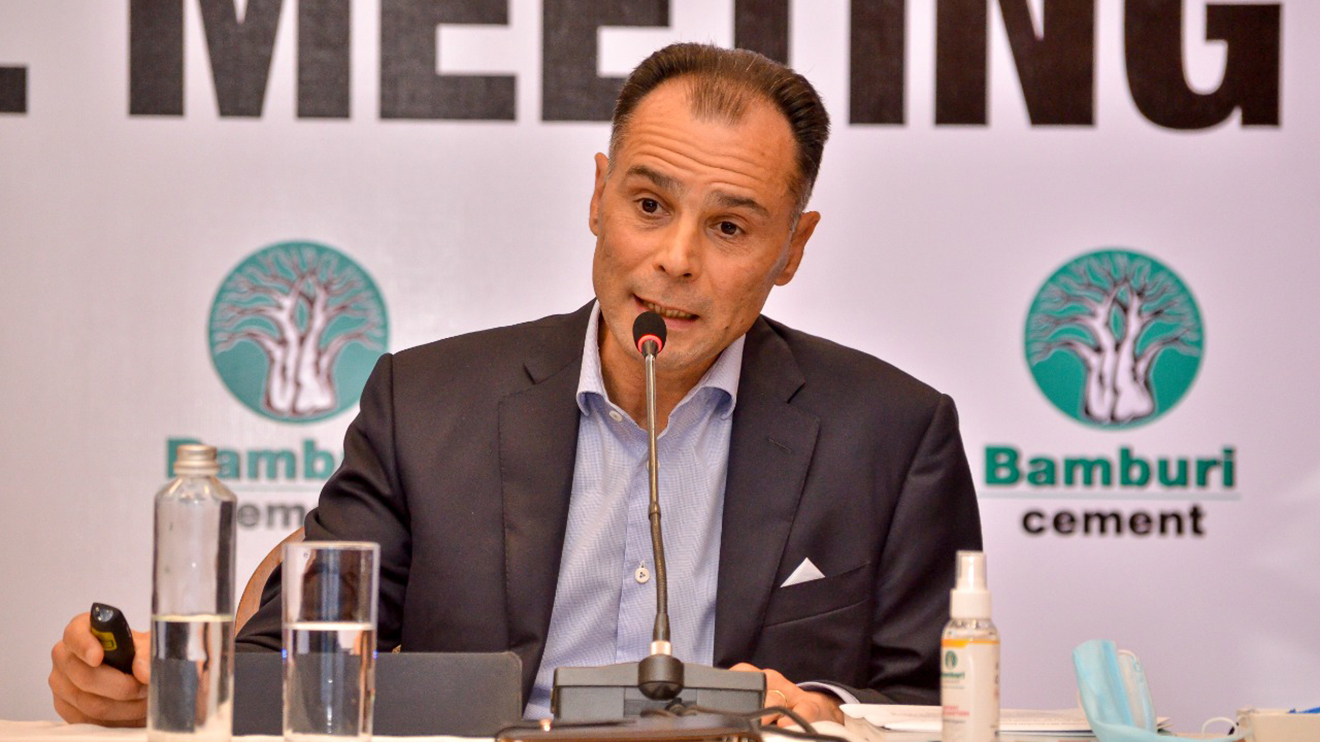Bamburi Cement has partnered with International Finance Corporation (IFC) in an initiative that is aimed at training women who own businesses to better take part in procurement.
The special training targeting women-owned SMEs will be offered through the Sourcing2Equal (S2E) program and seeks to boost their participation in the supply chain.
Speaking at the first session attended by over 200 women-owned SMEs, Bamburi Cement Kenya CEO Mohit Kapoor said the move is part of its Sustainable Procurement Agenda.
Kapoor expressed Bamburi Cement’s the commitment is intentional and is aimed at ensuring diversity and gender inclusivity is maintained in access to procurement contracts.
“Many Women-owned Small and Medium Enterprises (WSMEs) continue to face challenges while navigating local complex corporate value chains, due to a myriad of challenges like poor credit muscle and lack of information,” said Kapoor.
Read More
He added, “We are committed to providing a lasting solution that promotes equitable competition for supply contracts and desire to see this outcome both within Bamburi Cement and across the industry at large, which is predominantly male-dominated.”
Two training sessions of the program are set to be conducted this year and will be delivered jointly by Bamburi Cement together with IFC and training partner, WEConnect International.
The training seeks to impart women business leaders with insight into Bamburi Cement’s supply system and supplier eligibility criteria as well as procurement rules and procedures.
A Kenyan-based woman-owned SME is qualified by 51 per cent ownership by a woman.
Sourcing2Equal 2021 survey by IFC noted that despite 33 per cent of local SMEs being owned by women, they only access 3 per cent of tenders, with most as sub-contractors.
“As a market leader, we will continue to scale up our efforts towards diversifying our supplier base so that it is more inclusive of women-owned businesses,” said Bamburi Cement Supply Chain Director Moses Were.
He added, ”In this regard, we aspire to ensure that our total procurement spend that goes to special groups which include women-owned businesses, youths, and persons with disabilities, hits 30 per cent by 2025.”







-1757663582.jpeg)
